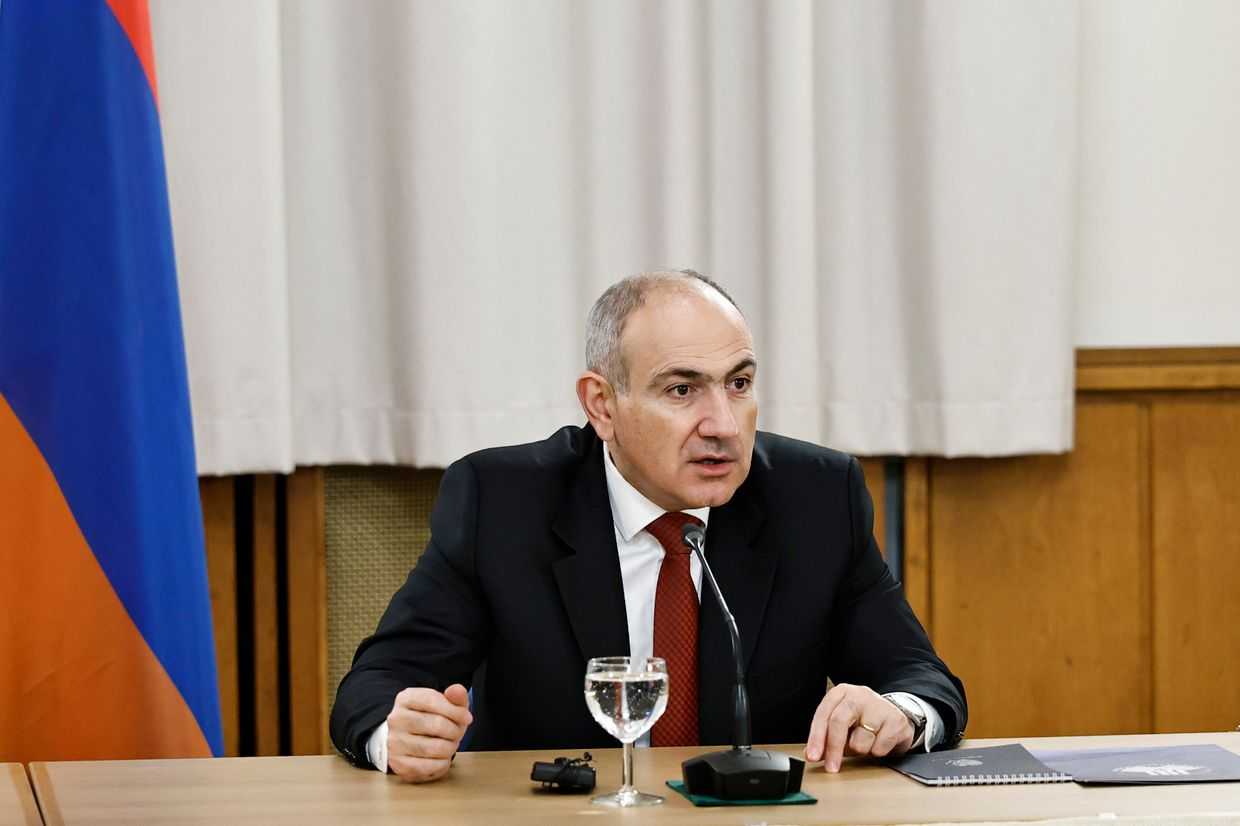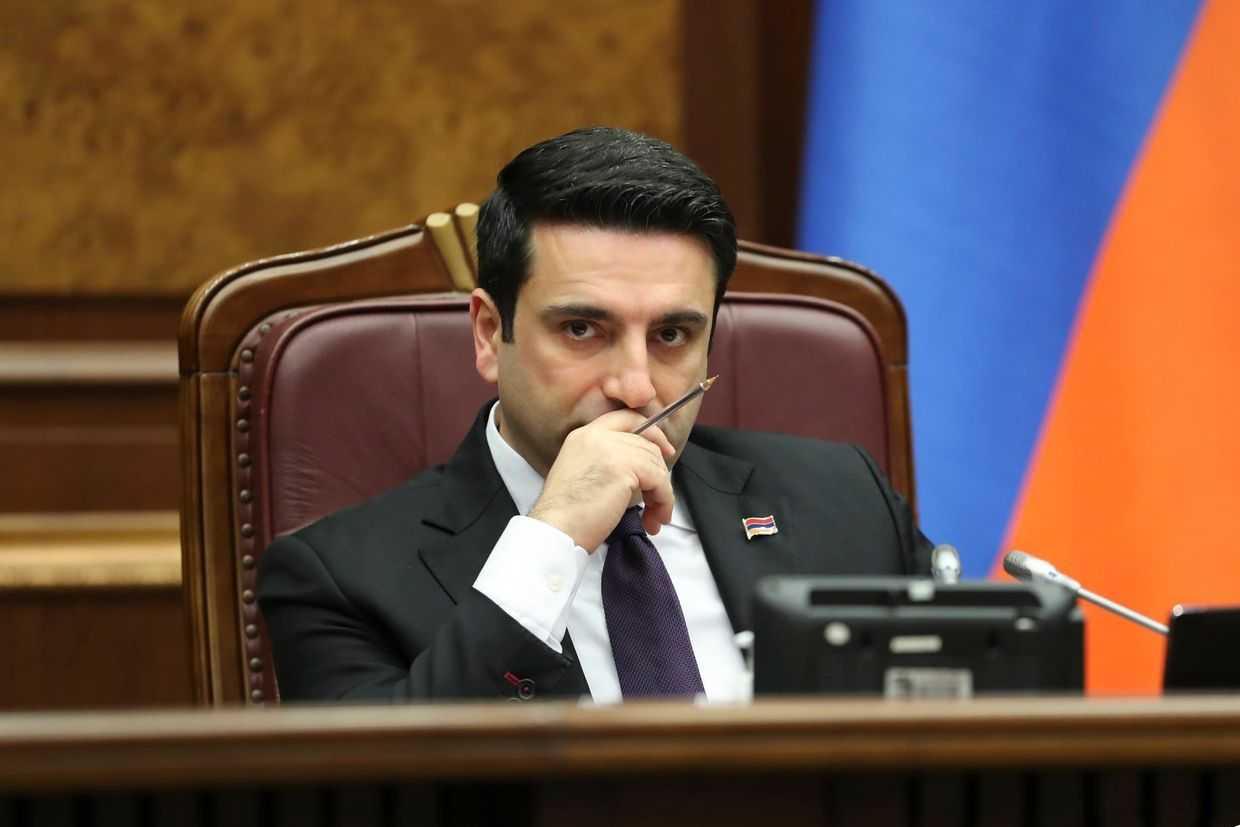
The UK has lifted its long-standing arms embargo on Armenia and Azerbaijan, citing progress in relations between the two countries and ongoing efforts to support regional peace.
In a statement on 13 October, Minister of State Stephen Doughty said that London’s decision aims to ‘elevate bilateral relations with Armenia and Azerbaijan to a strategic partnership’ and to back the countries’ sovereignty and territorial integrity against ‘hybrid threats’.
Doughty noted that the 1992 OSCE arms embargo was imposed at the height of the Nagorno-Karabakh conflict to prevent ‘all deliveries of weapons and munitions to forces engaged in combat in the Nagorno-Karabakh area’, and that the rationale for that embargo had ‘fallen away’.
The embargo was adopted in February 1992 amid the height of the First Nagorno-Karabakh War, and was of a voluntary nature. At the same time, most of the member states adhered to the embargo throughout the conflict, with Armenia mainly receiving weapons from Russia, and Azerbaijan buying from Russia, Turkey and Israel.
‘This decision will enable the UK’s security and defence partnerships with both Armenia and Azerbaijan to evolve in a rapidly changing context, and will allow the UK to support efforts to safeguard their sovereignty and territorial integrity, including in response to conventional and hybrid threats from other states and non-state actors’, the statement by Doughty read.
While the embargo is being lifted, applications for export and trade licenses to both countries will still be reviewed on a case-by-case basis, in line with the UK’s strategic export licensing criteria. ‘We will continue to monitor both the regional and domestic security situation in Armenia and Azerbaijan closely’, Doughty added, expressing hope that the Washington-mediated agreements could lay the groundwork for lasting peace in the South Caucasus.
The UK government also reaffirmed its readiness to work with both countries, as well as with the US, the EU, and other partners, to play a ‘constructive and practical role’ in fostering stability and security in the region.
Doughty’s delegation visited Armenia in August, where the sides agreed to deepen relations to the level of a strategic partnership.
This article was translated into Georgian and republished by our partner On.ge.









